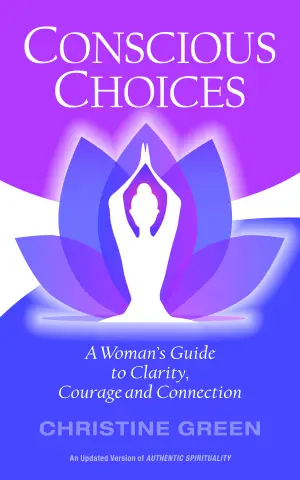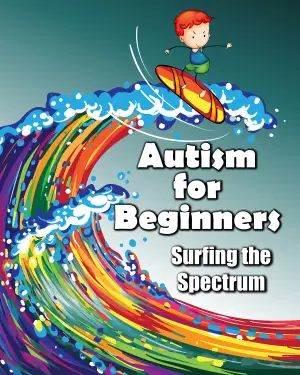Book Review: Understanding Social Justice: To See the End of Bias and Oppression We Need Social Change and True Equity for Everyone
When I first stumbled upon Understanding Social Justice by an insightful author whose name resonates with heartfelt advocacy, I found myself drawn to its promise of unraveling the complexities of social justice. In a world rife with chaos and outcry for equity, this book felt like a beacon of clarity, a necessary guide for anyone, like myself, eager to shed light on the often murky waters of bias and oppression.
From the first page, I was struck by the book’s profound exploration of social issues that have for too long lingered in the shadows. The author adeptly introduces the concepts of equality versus equity, a distinction that transformed how I approach the dialogue around justice. It’s not merely about treating everyone the same but recognizing that we all come to the table with different needs and histories. This simple yet revolutionary insight resonated deeply with me as I reflected on my own biases and privileges.
The book’s themes are both timely and timeless. It fearlessly tackles issues like racial inequality, healthcare access, and the pervasive nature of discrimination—topics that we often see in the news but may not fully understand. The author does not shy away from the uncomfortable truths surrounding these problems; instead, they present them with clarity and compassion. It’s an honest discussion that encourages readers to question their assumptions and consider their roles in this systemic injustice.
What makes this text particularly engaging is its narrative style. The writing flows smoothly, with a pace that balances detailed analysis with digestible insights. This isn’t just an academic treatise; it feels like a conversation with a friend who is incredibly knowledgeable about the subject matter, gently guiding you through a complex landscape. I found myself highlighting memorable quotes throughout the book, especially those emphasizing the urgent need for social change. One quote that struck me was, “Awareness is just the first step.” It’s a stark reminder that knowing isn’t enough—we must actively participate in the change we wish to see.
Despite some reviewers expressing concerns about the book’s originality, I found its synthesis of current ideas quite enlightening. For those of us who might feel overwhelmed by the barrage of information surrounding social justice, this book provides a well-organized and thoughtful framework. It gathers and clarifies concepts many of us encounter but struggle to articulate.
As I turned the final pages, I felt a mix of empowerment and responsibility. This book isn’t just for activists or policymakers; it’s for everyone. Whether you’re a novice looking to understand social justice principles or someone already entrenched in the conversation, there’s something to discover here.
In closing, Understanding Social Justice is an essential read for anyone interested in engaging with the world around them—be it through activism, education, or personal reflection. It encourages us to challenge our views, make informed decisions, and step beyond mere awareness into action. For readers who are ready to contemplate their role in the quest for equity, this book may just be the starting point you need. It certainly was for me.






